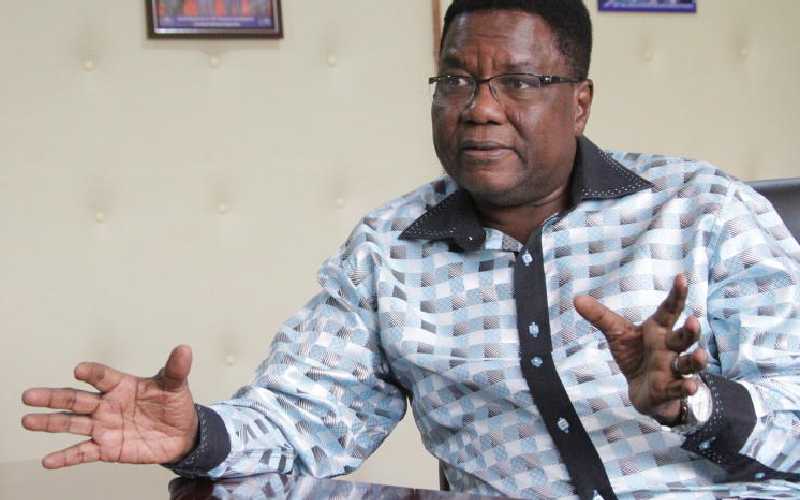×
The Standard e-Paper
Join Thousands Daily

Kenya National Qualifications Authority Chairman, Dr Kilemi Mwiria, during an interview with Standard in Nairobi on Friday, November 12 2021. [David Njaaga, Standard]
The man hardly laughs. He keeps a straight face as he explains the significance of his latest role going after academic cheats, only briefly chuckling to admit his current engagements are “lighter duties”, compared to his previous job in former President Mwai Kibaki’s government.